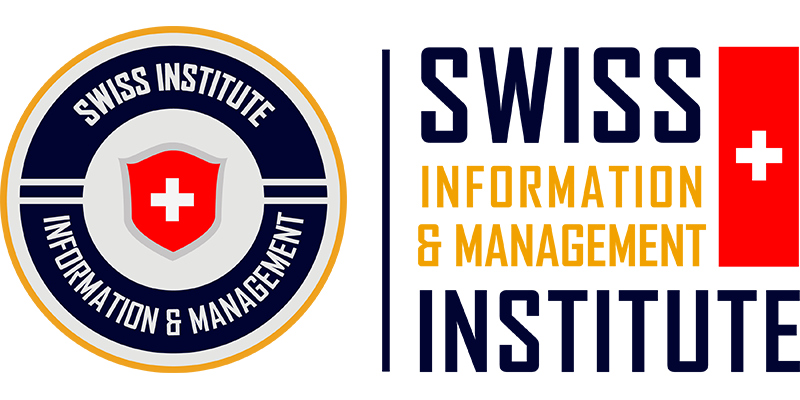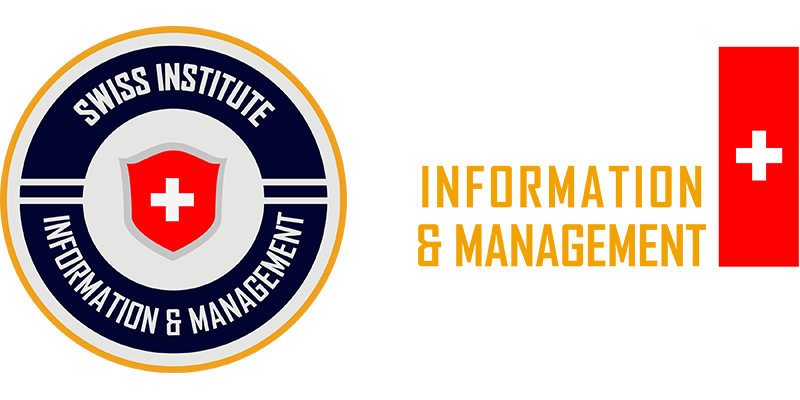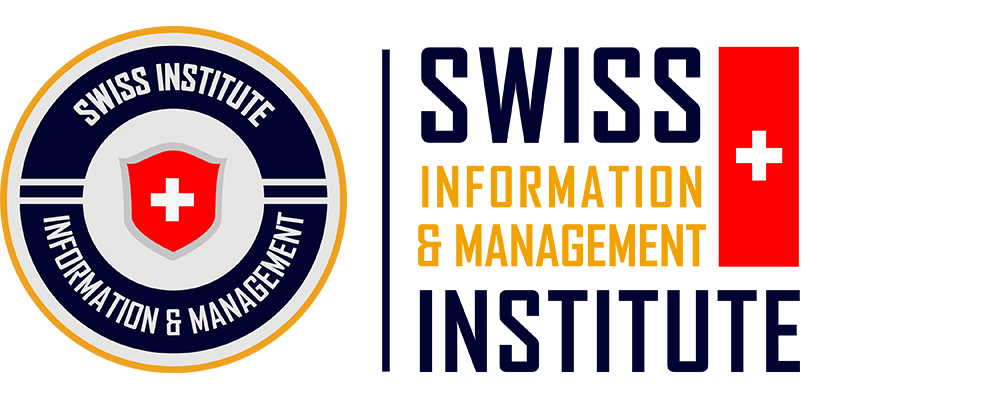How does Switzerland regulate the quality assurance of higher education?
Switzerland possesses a flexible education system that maximizes institutional autonomy and places strong emphasis on quality. A distinctive feature of higher education here lies in its management and quality assurance mechanisms, which both ensure high standards and maintain freedom and independence for each educational institution.
According to Chapter 5: Quality Control and Accreditation of the Federal Act on Funding and Coordination of the Higher Education Sector (Higher Education Act – HEdA), quality assurance is specifically regulated through Articles 27, 28, and 29 (source: Federal Act on Funding and Coordination of the Swiss Higher Education Sector – HEdA).
Institutional accreditation is mandatory only for protected titles
According to Swiss Government regulations, only higher education institutions that intend to use protected titles:
- University
- University of applied sciences
- University of teacher education
are required to undergo institutional accreditation.
Achieving institutional accreditation not only allows these institutions to use the title “university” but also makes them eligible to receive federal funding and to conduct program accreditation if deemed necessary.
Meanwhile, institutions using other titles such as higher education institute or equivalent designations are not subject to mandatory accreditation under this regulation.
Why does Switzerland regulate in this way?
It is not by chance that one of the world’s leading education systems has such a regulation. This provision plays an important role in ensuring institutional autonomy and quality competition, ultimately focusing evaluation on learners and employers. Some reasons given and defended by the government include:
- Affirming autonomy and diversity: Allows higher education institutes to develop flexibly, aligned with their own goals and strategies without being bound by mandatory accreditation requirements.
- Creating academic innovation space: Institutes can focus on practical training quality, applied research, or market-oriented program development without having to comply with the rigid accreditation criteria applied to “universities.”
- No impact on legality: Not undergoing accreditation does not mean lower quality or lack of recognition in the non-regulated professional; it is a strategic choice, suited to each institution’s operational model and legal designation.

Program accreditation is entirely voluntary
According to Art. 28, section 3, it is clearly stated: Programme accreditation is voluntary. This means that even institutions that have already obtained institutional accreditation are not required to accredit each individual study program.
Why does the Swiss Government regulate in this way?
Switzerland is world-renowned for its quality, yet program accreditation is only voluntary? At first glance, this may seem illogical, but in reality, it is very reasonable. The Swiss Government recognizes that mandatory program accreditation would not only create unnecessary costs but also violate a fundamental Swiss principle: granting autonomy to higher education institutions. The reasons given by the government include:
- Higher education institutions can decide for themselves whether to accredit individual programs, depending on their development strategy, market demands, or academic cooperation needs.
- It reflects the spirit of academic freedom and institutional autonomy — core values of the Swiss education system.
- It allows institutions greater flexibility in designing, adjusting, and implementing new programs without being constrained by mandatory accreditation requirements.
The Swiss Government’s regulations on higher education are designed in a scientific manner, ensuring both state oversight in critical areas and maximum autonomy for educational institutions.

The Swiss higher education system is designed based on the principle of a close balance between state regulation in key areas and institutional autonomy. Only institutions intending to use protected titles such as “university” or receive federal funding are required to undergo institutional accreditation. Meanwhile, higher education institutes that do not seek accreditation remain legally recognized as private institutions, fully aligned with Swiss law, as long as they respect title protection rules. In addition, program accreditation is entirely voluntary, allowing institutions to flexibly develop programs according to market demands and their own objectives. This mechanism reflects the spirit of respect for academic freedom, creativity, and quality assurance – the core values of Swiss education.
References from the Swiss Government:
- Federal Act on Funding and Coordination of the Swiss Higher Education Sector (HEdA): https://www.fedlex.admin.ch/eli/cc/2013/893/en
- Information on university accreditation from the Swiss Accreditation Council (AAQ): https://aaq.ch/en/accreditation/
Source: Swiss Information and Management Institute (SIMI Swiss)



